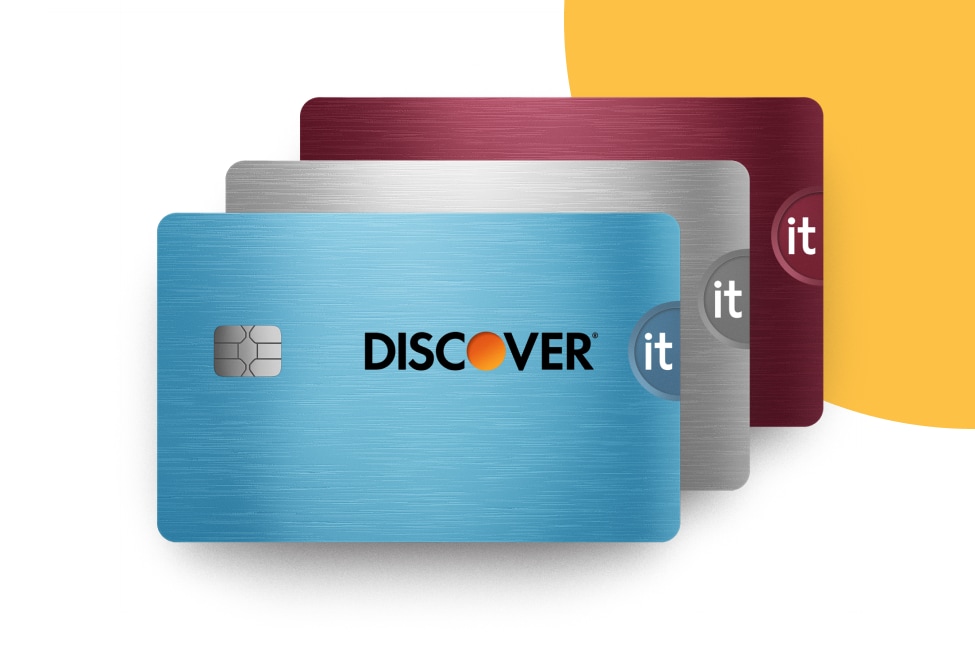
If you have a good credit score, you may be able to qualify for a credit card with great rewards, like the Discover it® Cash Back credit card.
Your credit score might be low because of you’ve missed payments, you have high debt, or there are other negative marks on your credit report. This might limit which credit cards you qualify for. If you don’t qualify for a traditional credit card due to a low credit score, you have other options, like a secured credit card.
One way to find out your odds of approval is to see if you have any pre-approval offers for a credit card before you apply.







